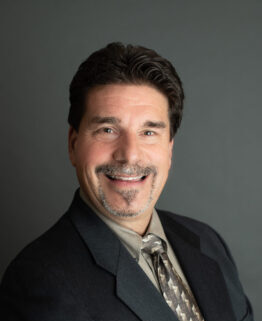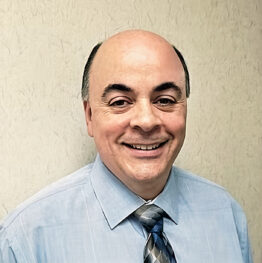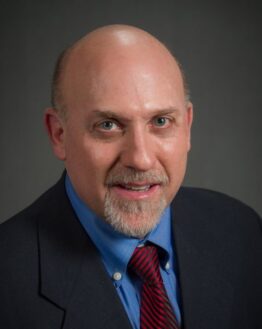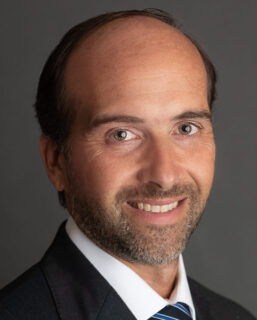Podiatrist in New Jersey
Podiatrists are medical specialists who help with problems that affect your feet or lower legs. They can treat injuries as well as complications from ongoing health issues like diabetes. You might hear them called a podiatric physician or doctor of podiatric medicine.
Are They Doctors?
Podiatrists are doctors, but they don’t go to traditional medical school. They have their own schools and professional associations. They also have “DPM” (doctor of podiatric medicine) after their names instead of “MD” (medical doctor).
Podiatrists can do surgery, reset broken bones, prescribe drugs, and order lab tests or X-rays. They often work closely with other specialists when a problem affects your feet or lower legs. In the U.S., podiatrists are licensed and regulated by state governments.
Education and Training
In college, students who want to be podiatrists take biology, chemistry, physics, and other science classes to prepare for podiatry school. Most get a bachelor’s degree in biology or a similar field of science.
Then, they go to podiatry school for 4 years. They study how bones, nerves, and muscles work together to help you move. They also study the illnesses and injuries that can affect your feet. That includes how to diagnose, treat, and fix the feet with surgery if needed.
The American Podiatric Medical Association accredits nine podiatry schools in the U.S..
Services we provide
Locations
- Medical Group of NJ- (FKA) Parsippany Foot and Ankle
- Medical Group of NJ- Collaborative HealthCare Group of NJ- Springfield
- Medical Group of NJ- Collaborative HealthCare Group of NJ- Rahway
- Medical Group of NJ- Collaborative HealthCare Group of NJ- Jersey City
- Medical Group of NJ- Collaborative HealthCare Group of NJ- North Brunswick
- Medical Group of NJ- Foot Care Partners
Practicing Providers

Kiran D. Poylangada, FACFAS
50 Cherry Hill RoadSuite 206Parsippany, NJ 07054 (973) 334-1770 Visit Profile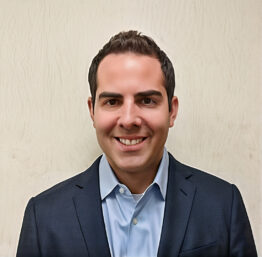
Elliot T. Joseph, FACFAS
50 Cherry Hill RoadSuite 206Parsippany, NJ 07054 (973) 334-1770 Visit Profile
Ann Marie Palagiano, DPM
488 Schooleys Mountain Road#1bHackettstown, NJ 07840-4001908-852-0229 Visit Profile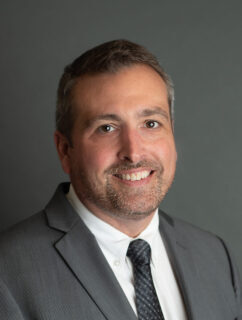
Fawaz Nesheiwat, DPM
488 Schooleys Mountain Road#1bHackettstown, NJ 07840-4001908-852-0229 Visit Profile